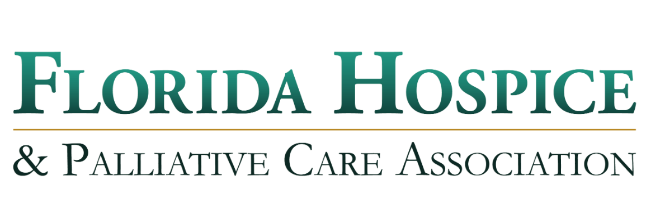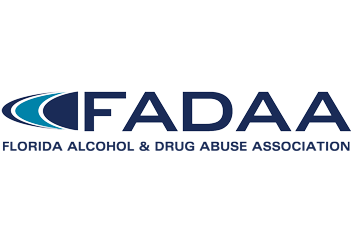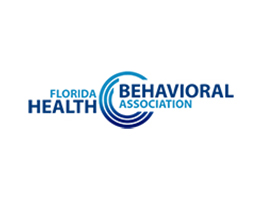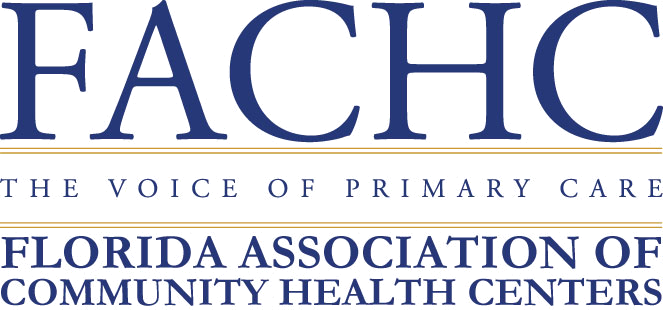U.S. Occupational Safety and Health Administration guidance on how the agency will enforce the anti-retaliation provisions of its electronic recordkeeping rule is not particularly helpful because it mainly reiterates OSHA’s stance on key issues, according to lawyers.
On Oct. 19, OSHA issued a memorandum to its regional administrators to provide further explanation about the provisions prohibiting employers from retaliating against employees for reporting workplace injuries and illnesses featured in the rule, which currently is the subject of a legal challenge.
“I wish that this guidance would have provided something more helpful for employers, but frankly it seems to me that it’s more of a restatement or maybe a little further explanation of the same positions that OSHA or the Department of Labor have already taken,” said Taylor White, a Dallas-based associate in the labor and employment practice of Gardere Wynne Sewell L.L.P.
To issue a citation, OSHA must have reasonable cause to believe a violation occurred, with the agency required to demonstrate that the employee reported a work-related injury or illness, that the employer took adverse action against the employee and the action happened because the employee reported a work-related injury or illness, according to the memo.
OSHA will need to show that the real reason for disciplinary actions was the reported injury or illness and not an employee’s violation of safety and health rules, but it can use circumstantial evidence to satisfy the burden as direct evidence of the employer’s real reason for the adverse action may not exist, according to the memo.
Employers must be prepared to demonstrate a consistent approach to discipline, meaning that they have disciplined both injured and non-injured employees for the same health and safety violations, Mr. White said.
“I think there are a lot of evidentiary problems for employers going into this, but I certainly don’t think the guidance provides anything new for employers to clarify how they go about providing that evidence to overcome a claim like this,” he said.
Although the anti-retaliation provisions do not ban employers from conducting drug testing, they cannot use drug testing as a form of discipline against employees for reporting an injury or illness, according to the memo.
But OSHA has clarified that the drug test itself must be capable of showing any impairment the employee had at the time of the accident — a recognition that drug tests are not capable of doing that — so OSHA’s focus will be on alcohol tests, Mr. White said.
OSHA reiterated its opposition to safety incentive programs that it says could discourage reporting of injuries and illnesses. In an example provided in the guidance, if an employer promises to raffle off a $500 gift card at the end of each month if no employee sustains an injury that requires the employee to miss work, and then cancels the raffle because an employee reported a lost-time injury without regard to the injury circumstances, such a cancellation would likely violate the anti-retaliation provisions.
“As long as losing out on the prize creates that dissuasion, it’s an adverse action and that’s one of the elements for retaliation,” said Punam Kaji, a Houston-based attorney in the labor and employment and OSHA practices of Haynes & Boone L.L.P. “For safety incentive programs, I don’t know if there’s a way around it except to start revising those policies and that, to me, is creating a new obligation on the employer.”
Source: Business Insurance









